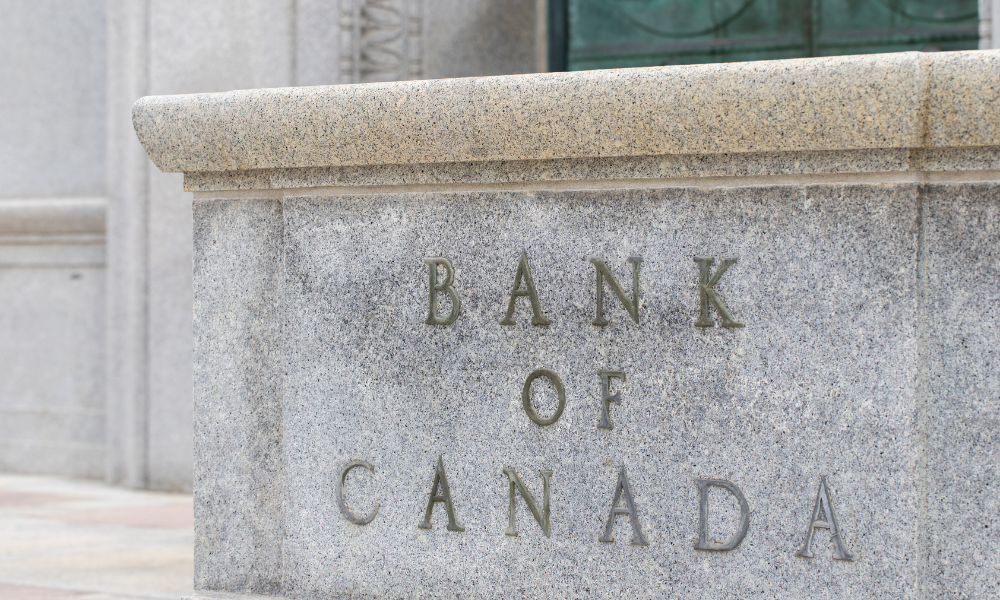Council worries rate cuts may signal "economic trouble" as growth and inflation slow down

The Bank of Canada’s governing council expressed concern about cutting its policy rate by 50 basis points in October.
Members worried this move could signal “economic trouble” and raise expectations of further significant rate adjustments. This insight comes from a summary of deliberations released on Tuesday by Financial Post.
Prior to the decision to reduce the rate to 3.75 per cent on October 23, inflation had decreased to 1.6 per cent in September, below the Bank’s target of two per cent, while the unemployment rate remained high at 6.5 per cent, impacting younger job seekers disproportionately.
According to the summary, the council considered a smaller 25-basis-point cut but ultimately reached a consensus on a more substantial reduction.
Members expressed growing confidence that inflationary pressures would continue to ease, thus reducing the need for restrictive policy measures.
A larger cut, they agreed, was suitable in light of the labour market’s weakness and the need to bolster economic growth to address excess supply.
The Bank’s October monetary policy report revised its third-quarter GDP growth forecast to 1.5 per cent, although Statistics Canada recently estimated that actual growth would be only one per cent.
“Overall, members noted that growth in recent months had been slightly below potential, and considerable economic slack remained,” the summary stated.
Looking to the future, governing council members anticipate inflation will remain close to the Bank’s target, with the Canadian economy expected to grow by 2.1 per cent in 2024.
They also discussed the possible effects of a slowdown in population growth on consumption and economic growth.
Their deliberations took place before the federal government announced a reduction in the number of newcomers to Canada by 21 per cent in 2025, which has since led Statistics Canada to project negative population growth over the next two years, below the Bank’s initial estimates.
Following the immigration cuts, Bank of Canada Governor Tiff Macklem noted that policymakers would monitor population growth trends and “will be revising as we gain more confidence in what exactly is going to happen.”
The council also voiced optimism that reduced interest rates would stimulate stronger consumption growth, with high interest rates and the impact of higher mortgage renewal rates expected to diminish.
However, they acknowledged the gradual nature of this effect on per-capita spending.
“They also recognized that given uncertainties about both population growth and how quickly lower interest rates would lead to stronger spending, the timing of the pickup in total consumption was particularly hard to predict,” the summary noted.
The governing council remains committed to making rate decisions on a meeting-by-meeting basis, closely watching incoming data. Nonetheless, members expressed continued uncertainty regarding the future target for a neutral policy rate.



